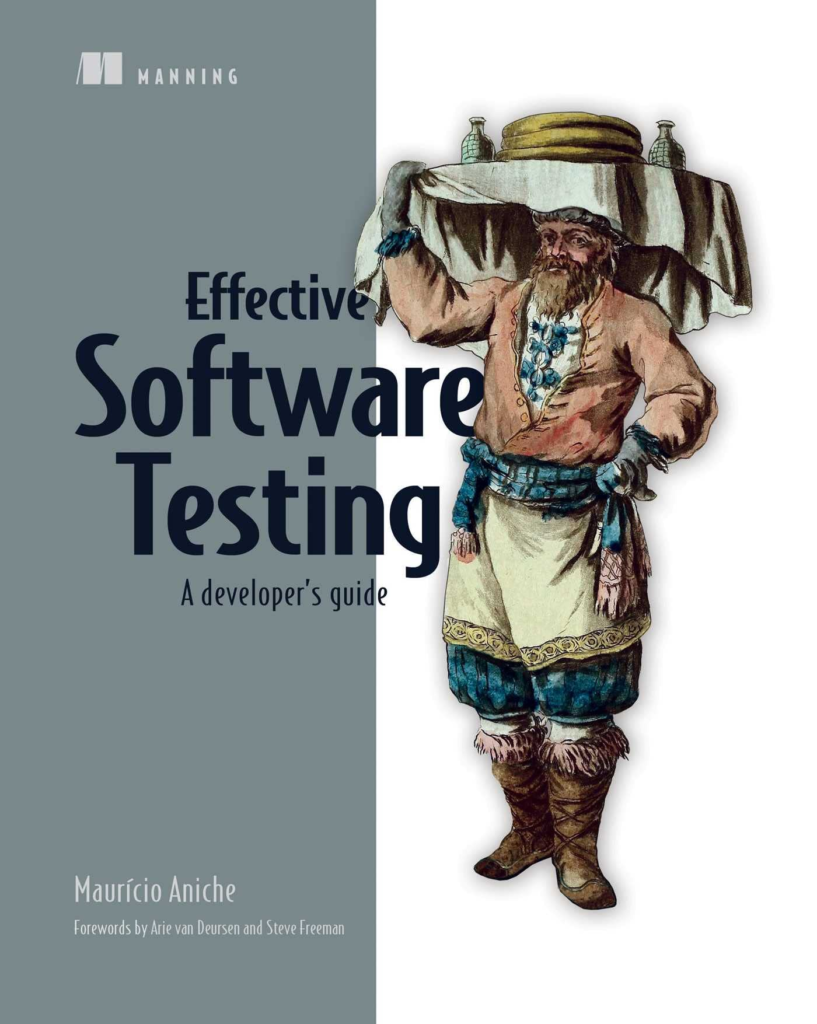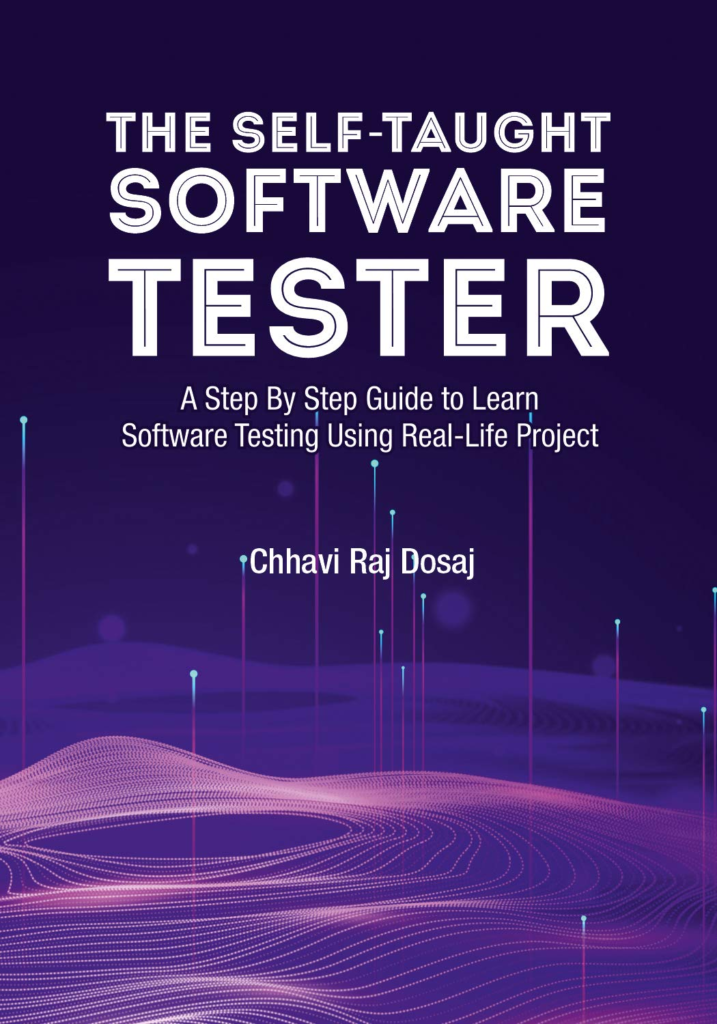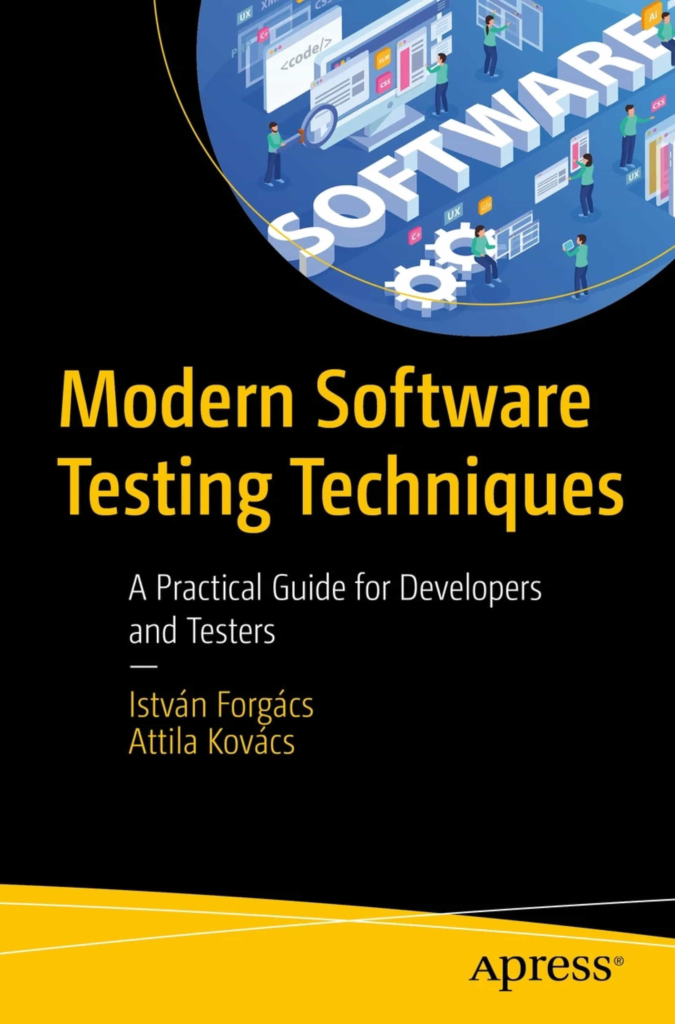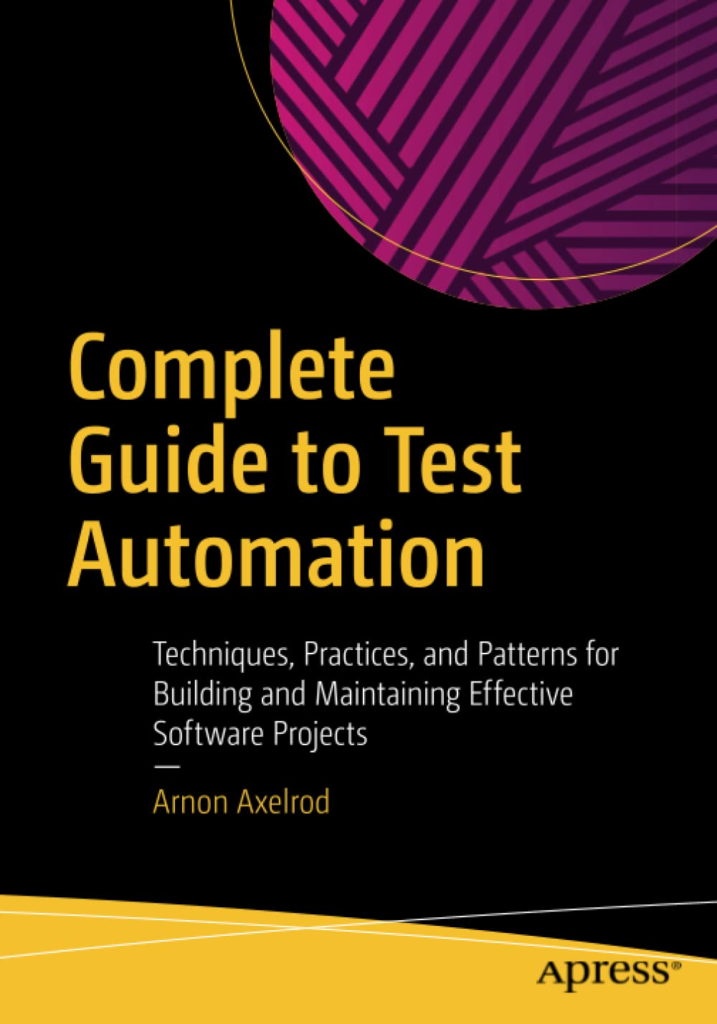
1.Effective Software Testing: A developer’s guide

Effective Software Testing is a book that provides a systematic approach to software testing, focusing on catching bugs in tricky corner cases. The book teaches techniques such as engineering tests with a higher chance of finding bugs, reading code coverage metrics, understanding when to use unit tests, integration tests, and system tests, using mocks and stubs, considering pre-conditions, post-conditions, invariants, and contracts, implementing property-based tests, and using coding practices like dependency injection and hexagonal architecture. It also teaches how to write good and maintainable test code. The book is a hands-on guide for developers, covering different types of testing, engineering code that facilitates testing, and writing easy-to-maintain test code. The book includes annotated source code samples, realistic scenarios, and reasoned explanations. The book covers designing rigorous test suites that actually find bugs, when to use unit tests, integration tests, and system tests, pre-and post-conditions, invariants, contracts, and property-based tests, design systems that are test-friendly, and test code best practices and test smells.
Rated 4.1 on Goodreads.
You can buy this book on Amazon.
2.The Art of Software Testing

The third edition of a book on software testing has been updated to address the evolving landscape. It offers insights into effective test case design, automation, and process management, emphasizing structured testing approaches. This book is suitable for beginners and experienced professionals, providing a solid understanding of fundamental concepts and principles.
3.The Self-Taught Software Tester A Step By Step Guide to Learn Software Testing Using Real-Life Project

This book provides a comprehensive guide to software testing, focusing on the fundamentals and practical aspects of the process. It provides a detailed explanation of the fundamentals of testing and a step-by-step walk-through of a real-life testing project, allowing readers to understand the planning, execution, and monitoring of testing activities in real projects. The book serves as a roadmap, guiding readers through the process of securing their first testing job and guiding them on their day-to-day journey as a software tester. It serves as a valuable resource for those looking to enhance their knowledge and skills in the field.
Rated 4.5 on Amazon.
This book is available here.
4.Software Testing: A Craftsman’s Approach, Fifth Edition

The updated and reorganized Fifth edition of Software Testing: A Craftsman’s Approach is a valuable reference for software testers, developers, and engineers. It applies strong mathematics content to a coherent treatment of software testing, with streamlined chapters and examples. The edition includes a new chapter on feature interaction testing, uses Java for all examples, presents model-based development, and covers testing in waterfall, iterative, and agile projects. It also explores test-driven development and all-pairs testing.
Rated 3.9 on goodreads.
This book can be purchased on Amazon.
5.Software Testing Techniques

The book for testing offers practical techniques for testing software systems, incorporating new developments and advancements. It covers traditional and modern methods, with Boris Beizer’s expertise highlighting complex concepts. The book emphasizes practicality, discussing theoretical aspects and providing real-world examples. It covers test design, management, automation, boundary value analysis, equivalence partitioning, and state transition testing. These techniques help identify potential defects and ensure software system quality and reliability. This invaluable resource is suitable for beginners and experienced testers.
You can purchase this book here.
6.Modern Software Testing Techniques: A Practical Guide for Developers and Testers

This book introduces three new software testing techniques: Two-Phase Model-Based Testing, Action-State Testing, and General Predicate Testing. These techniques work best when applied with efficient fault revealing capabilities. The book covers software testing, risk analysis, bug classification, fault-based testing, action-state testing, and general predicate testing. Two-phase model-based testing is an advanced approach where human readability suffices, generating abstract tests from a high-level model. The book also discusses how developers and testers can work together as a collaborative team. The goal is to apply efficient test design techniques for detecting domain faults, work with modeling techniques that combine state transition and use case testing, and grasp the two-phase model-based testing technique.
You can buy this book on Amazon.com.
7.Software Testing: Techniques, Principles, and Practices

This book provides a practical and example-driven approach to software testing, covering techniques and principles based on industry experience. It defines test cases, classifies testing types, discusses strategies, and introduces unit, integration, and performance testing. Targeting software quality engineers, developers, and undergraduate and graduate students, it includes case studies and exercise problems.
Rated 4.3 on Amazon.
You can purchase this book here.
8.Complete Guide to Test Automation: Techniques, Practices, and Patterns for Building and Maintaining Effective Software Projects

This comprehensive guide focuses on the importance of test automation in the software industry, as it enables development teams to deliver software at a faster pace without compromising quality. Despite its simplicity, test automation can be a costly endeavor, and the book aims to cover all aspects of its value and costs. It emphasizes the importance of maintaining the automated tests, which can significantly impact the success of the project. The guide covers key aspects such as understanding the real value of test automation, identifying key traits that will make a project successful, planning automated tests versus manual tests, determining who should implement tests, architecting the test project, designing and implementing reliable automated tests, integrating test automation into development team business processes, and leveraging test automation to improve performance and quality.
Rated 4.5 on Amazon.
It is available on Amazon.
9.Lessons Learned in Software Testing: A Context-Driven Approach

This comprehensive guide focuses on the importance of test automation in the software industry, as it enables development teams to deliver software at a faster pace without compromising quality. Despite its simplicity, test automation can be a costly endeavor, and the book aims to cover all aspects of its value and costs. It emphasizes the importance of maintaining the automated tests, which can significantly impact the success of the project. The guide covers key aspects such as understanding the real value of test automation, identifying key traits that will make a project successful, planning automated tests versus manual tests, determining who should implement tests, architecting the test project, designing and implementing reliable automated tests, integrating test automation into development team business processes, and leveraging test automation to improve performance and quality.
Rated 4.1 on Goodreads.
You can buy this book here.
10. Software Test Automation – Effective Use of Test Execution Tools

This book provides a comprehensive guide on creating and implementing an automated testing system for software development, detailing its principles, practical techniques, and advice on selecting and utilizing off-the-shelf testing tools, authored by experienced professionals in the field.
Rated 3.7 on goodreads.
You can buy this book here.

You ought to be a part of a contest for one of the best websites on the internet.
I am going to highly recommend this web site!